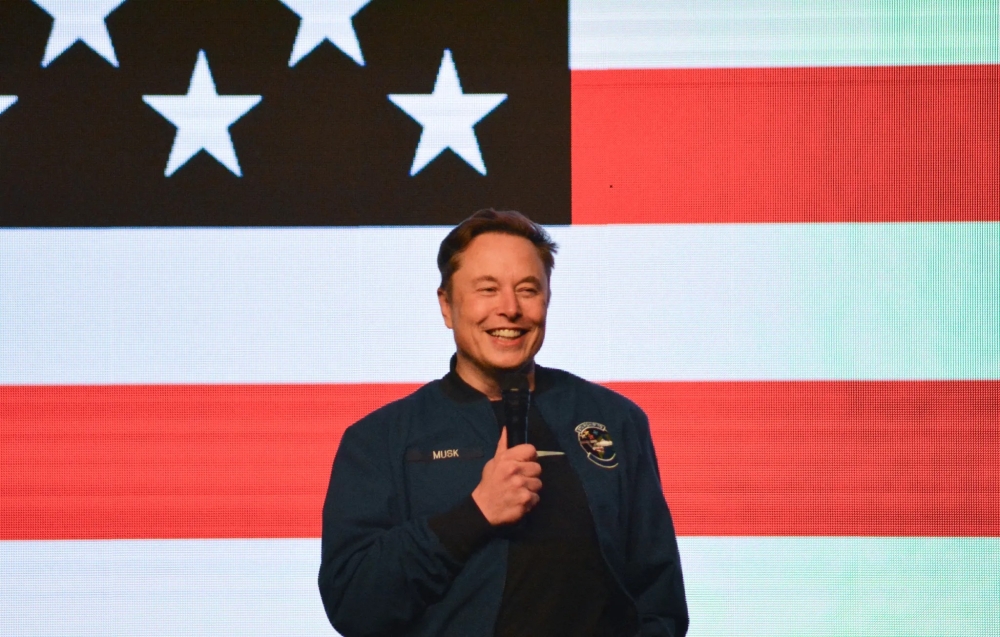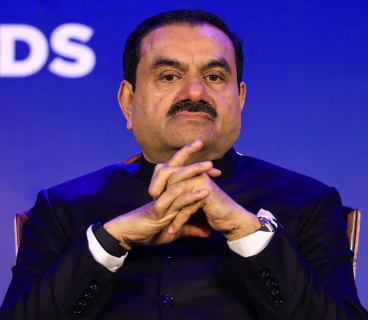Elon Musk has officially announced the end of his tenure as a special government employee in the U.S. government. With this decision, he also steps down as the de facto head of the Department of Government Efficiency (DOGE), an entity focused on significantly reducing government spending.
In a social media post, Musk thanked U.S. President Donald Trump “for the opportunity to reduce wasteful spending” and emphasized his belief in the lasting impact of DOGE: “The DOGE mission will only strengthen over time and become a way of life within government.”
His resignation coincides with a noticeable cooling of his relationship with the Trump administration and growing public backlash against his political stance, which has negatively impacted the sales of his electric vehicle company, Tesla.
During DOGE’s operation, thousands of U.S. government jobs were cut, entire departments were shut down, and spending was slashed across areas such as USAID’s foreign aid, public broadcasting services, national park budgets, and the Department of Education.
The White House has not issued a comment on the matter, and Musk has not responded to media inquiries.
Musk’s departure is seen as a significant turning point in the intersection of public governance and the influence of tech magnates in U.S. policy.







